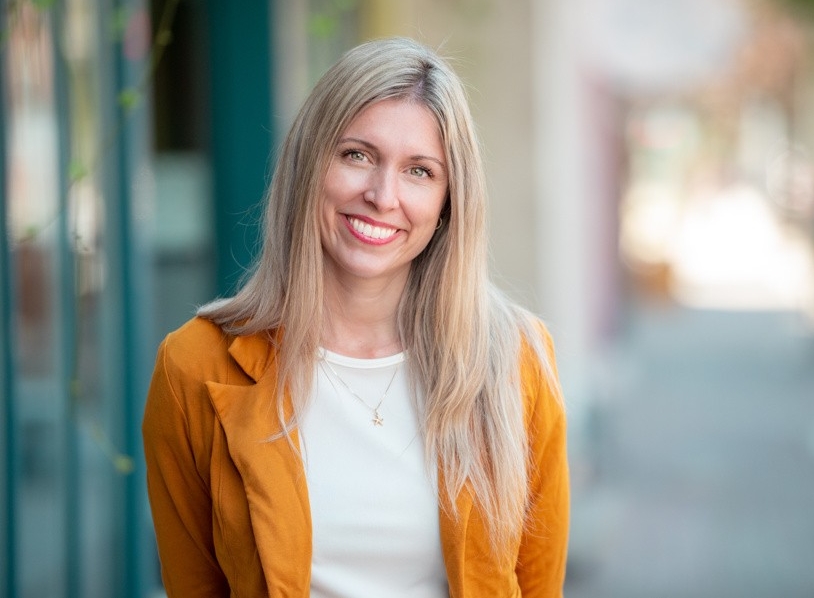notice
La Presse features member Marie-Ève Carignan in article on radicalization in the COVID-19 era
 Photo: Marie-Ève Carignan / La Presse
Photo: Marie-Ève Carignan / La Presse
Le français suivra.
Marie-Ève Carignan, CSLP member, head of the UNESCO-PREV chair’s media division, and associate professor in the department of Communications at Université de Sherbrooke, was featured in a recent La Presse article on radicalization in the context of the COVID-19 pandemic and the upcoming federal election.
La Presse asked Carignan, Samuel Tanner and Louis Audet Gosselin––all experts in the field––about what can be done to address the situation, where radicalization stems from, and whether or not we should fear more violence in the future.
Carignan explained that labelling someone a conspiracy theorist, without adequately addressing their concerns, can push them further in the direction of radicalization. “Some people were initially hesitant and had legitimate questions," she says of those protesting public health measures. “The fact that they felt they were not being listened to (...) could have pushed them further.”
Research conducted by Carignan and her team at UdeS was also highlighted, such as a 2020 survey that found that a quarter of Canadians adhere to conspiracy theories, 7% of which strongly adhere.
On the question of whether or not we can expect this polarization to dissolve once the pandemic is under control, Carignan was not particularly optimistic. Anti-vaxxer and anti-government groups existed long before, and there is no shortage of future crises to stoke the flames, she explained.
Marie-Ève Carignan, membre du CEAP, la directrice du pôle médias de la Chaire UNESCO-PREV, et professeure agrégée de communication à l'Université de Sherbrooke, a figuré dans un récent article de La Presse sur la radicalisation dans le contexte de la pandémie et des prochaines élections fédérales.
La Presse a demandé à Mme. Carignan, à Samuel Tanner et à Louis Audet Gosselin, tous experts dans ce domaine, ce que l'on peut faire pour remédier à la situation, d'où vient la radicalisation et s'il faut ou non craindre davantage de violence à l'avenir.
Elle explique que le fait de taxer quelqu'un de complotiste, sans répondre adéquatement à ses préoccupations, peut le pousser plus loin dans la voie de la radicalisation. « Il y a des gens qui, au départ, étaient hésitants et avaient des questions légitimes, elle dit de ceux qui s'opposent aux mesures sanitaires. Le fait de sentir qu’ils n’avaient pas d’écoute (...) ça a pu les entraîner vers cette adhésion-là », estime-t-elle.
Les recherches menées par Mme. Carignan et son équipe à l'UdeS ont également été soulignées, comme une enquête menée en 2020 qui a révélé qu'un quart des Canadiens adhèrent à des théories conspirationnistes, dont 7 % fortement.
À la question de savoir si nous pouvons nous attendre à ce que cette polarisation se dissipe une fois la pandémie maîtrisée, Mme. Carignan n'était pas particulièrement optimiste. Les groupes anti-vaccin et anti-gouvernement existaient déjà bien avant, et les crises futures ne manqueront pas pour attiser les flammes, a-t-elle expliqué.
